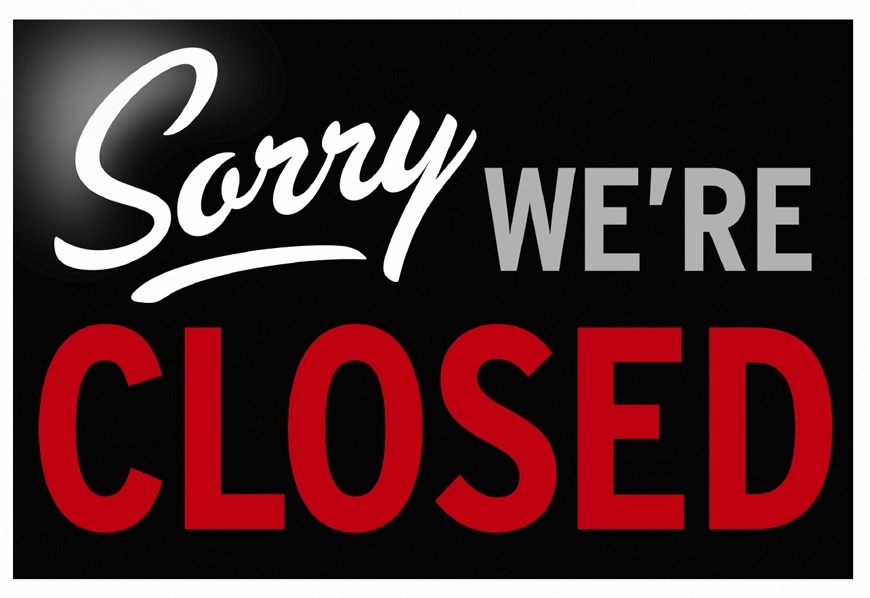Government shutdown delays Texas voter ID challenge

A legal challenge to Texas's voter ID law was placed on pause this afternoon at the Justice Department's request, meaning the fight to protect hundreds of thousands of voters from a law that civil rights attorneys say places undue ballot burdens on mainly Latino and black Texans will suffer some delay. Meanwhile, elections within the state will carry on with the strict photo voter ID mandate in place.
Thanks to the congressional impasse over a bill to fund federal government operations, the Department of Justice asked a federal court judge to halt the case until the department is finally funded for the new fiscal year. Under the government shutdown, which started Oct. 1, the DOJ's staff has been significantly depleted due to lack of new funding. The civil rights division alone lost 71 percent of its employees, including many of its attorneys.
By law, furloughed employees are not allowed to work on any cases, with very few exceptions. The lawsuit against Texas, which was filed in August and has been combined with similar lawsuits by civil rights organizations including the NAACP Legal Defense Fund and the Mexican-American Legislative Conference, was just getting started. The plaintiffs were getting around to planning negotiating conferences with Texas officials to determine a schedule for the hearings to take place. Without DOJ attorneys, and with the stay in place, all of that will have to start later.
"If [the shutdown] ends on Monday this may not be a huge deal," said NAACP LDF attorney Natasha Korgaonkar. "If it last weeks or, God forbid, months, we will all have to re-assess what will happen."
The government shutdown is preventing hundreds of thousands of federal government employees from carrying out basic functions that affect everything from tourism to elections. Municipal elections in Texas have already been carried out with the requirement for voter ID, which was reinstated immediately after the U.S. Supreme Court cast out a key piece of the Voting Rights Act that had previously found the voter ID law would discriminate against people of color. The longer the DOJ lawsuit is drawn out, the longer the Texas law will remain in place.
The voter ID hearing pause was not granted indefinitely. The judge ordered weekly conferences for the parties to check in and evaluate whether or how the court should proceed. Hoping to join those parties will be the poll-monitoring group True the Vote, which has filed to intervene on behalf of Texas, mainly to oppose DOJ's request to enter Texas into federal oversight of its elections under the Voting Rights Act's Section Three preclearance provision.
However, DOJ has not filed for a stay in the case against Texas's redistricting law, which they are also using to try to "bail" the state back into preclearance. (Texas was previously subject to preclearance under Section Five of the Voting Rights Act, but in June the Supreme Court invalidated the formula that captured Texas as a covered jurisdiction.)
DOJ attorneys also haven't moved to pause litigation against the Voter Information Verification Act in North Carolina, which also has a strict photo voter ID requirement and makes other changes to the state's elections. That lawsuit was just announced this week, and North Carolina hasn't yet responded to the legal challenge. It has 30 days to do.
"We don’t know which lawyers on the [VIVA] case have been furloughed, but we don't expect much to happen in the next 30 days," said Clare Barnett, an attorney with the Southern Coalition for Southern Justice, which sued the state over the bill. "So far there's been no impact [from the shutdown] on our lawsuit, but if it goes longer than 30 days there might."
While North Carolina has yet to respond -- other than Republican Gov. Pat McCrory calling the DOJ's suit "an overreach without merit" -- it has already begun to raise concerns about the state's law being defended by Attorney General Roy Cooper, a Democrat who has been critical of the bill.
McCrory has retained a private attorney from South Carolina that will cost taxpayers $360 an hour, saying he believes "it is very important that I have someone fighting for us who agrees with voter ID."
